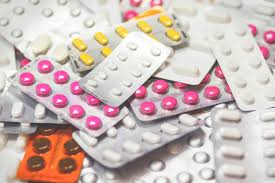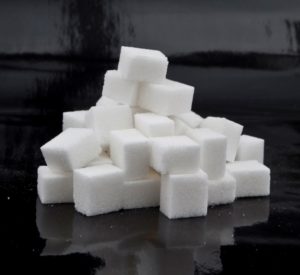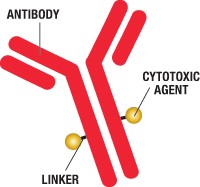Significant numbers of therapeutic small molecule drugs–as many as 40% of marketed and 90% of clinical–pose dosing and formulation challenges due to solubility issues from their hydrophobic character. Now some of these compounds are being revisited using nanocrystal technology. Nanocrystal drug technology can improve solubility of hydrophobic drugs by increasing surface area-to-volume ratio and dissolution velocity.
In a recent review by Samir Mitragotri and colleagues from Rice University, published in Bioengineering and Translational Medicine, the authors discuss methods of preparing nanocrystal therapeutic drugs. They define nanocrystals as pure solid particles with a mean diameter <1μm and a crystalline character. The first nanocrystal-formulated drug product was Rapamune (sirolimus), introduced by Wyeth in 2000 as an oral immunosuppressive medication. Over the next decade others followed, and there are now 10 nanocrystal drugs approved by FDA in the USA. Current nanocrystal drug products on the market are used to treat hypercholesterolemia, nausea, depression, inflammation and psychosis, as well as immunosuppression. Nanocrystal technology is attractive due to its ease of formulation, uniform composition and favorable pharmacoeconomic value. It also has the potential to overcome some of the biggest challenges in small molecule drug development. By formulating poorly soluble drugs into nanocrystals, the resulting increase in surface/volume ratio, saturation solubility and the rate of dissolution can ensure an enhanced bioavailability of most insoluble drugs irrespective of their route of administration. For this reason, growth of this technology will increase. By 2023 nanocrystal drug products are predicted to be $82B–60% of the total nanoparticle based drug delivery market.
To read the original review, see M. Jarivs, V. Krishnan and S. Mitragotri, “Nanocrystals: A perspective on translational research and clinical studies,“ Bioengineering and Translational Medicine 4, 5-16 (2018)
Chamow & Associates assists companies to develop biologics (and small molecule therapeutics) for clinical testing and welcomes your inquiry.





